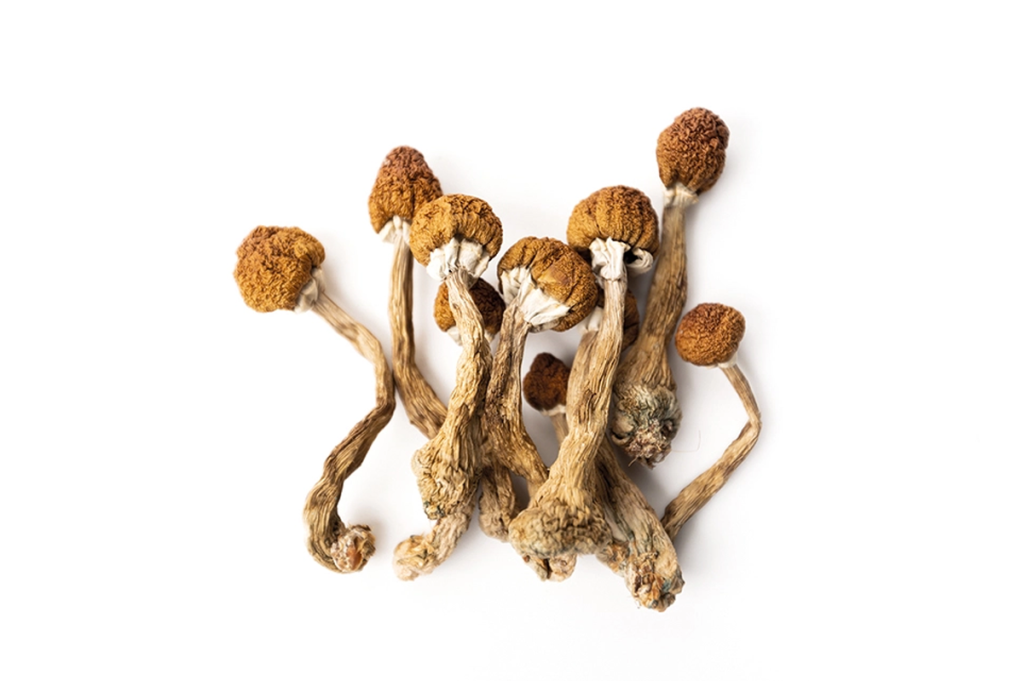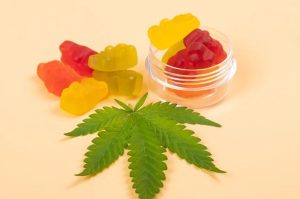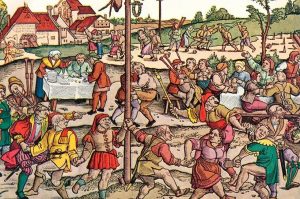For about six straight hours after taking magic mushrooms — psilocybin — I had visions of a vast, skeletal shark coming at me out of the watery gloom, mouth open, teeth inches from my face. It wasn’t a hallucination — I only saw the shark when my eyes were shut — but even with my eyes stretched wide I felt dread, the same blank terror I had felt the year before when in the spirit of happy enquiry I’d taken acid.
I deserved the shark, I suppose. What sort of a dolt has at the psychedelics again when LSD has already given them the abdabs? The trouble was, I’d bought the psilocybin PR: mushrooms are different because they’re organic; all you need is the right dose in the right environment; just surround yourself with friends. I hoped, I think, that the mushrooms might put right that bad trip, because the fear it summoned was still haunting me — it still does.
More than twenty-five years later, psilocybin PR is back. It’s strange to see it spread across the press: don’t worry, it’s a natural high. It’ll change your life. Just get the right dose and the right environment. This time, the right environment is said to be a clinic, under the care of men in white coats. Several of the nicest, cleverest millennials I know are keen to give it a try. I can see why. What else in their lives offers them enlightenment? Even the church has collapsed into politics.
But it makes me feel like Martin Brody, the police chief in Jaws, watching the happy souls of Amity Island skip towards the water: “Get out! It’s not safe. There’s a shark in there!” No one listened to Brody. There was just too much money at stake, so the beaches stayed open. As with Jaws, so with psychedelics.
The profit potential in psychedelics is astonishing. A few years ago we had “the green rush” — the hot pursuit of profit via cannabis. Cue much lobbying for legalization and jockeying for market position, and an inventive list of ailments that dope was said to cure. Brands were built with the speed of gold-rush towns on the new frontier. Publicists matched up miracle stories with sympathetic journalists. The new acid rush is if anything more intense. Everyone’s scrambling to stake their claim on a psychedelic corner: psilocybin, ayahuasca, peyote, MDMA. There’s nothing that isn’t being rebranded as therapeutic, and Silicon Valley has begun to crawl with start ups with names like AWAKN and BEQOMING.
There’s LOVE — where crypto meets psychedelics to solve the opioid crisis. NUE Life Health is “a psychedelics meets tech mental wellness platform,” which as far as I can gather just means they sell ket online.
It’s almost thrilling to watch the psychedelics PR juggernaut pick up speed; amazing, the array of ailments that psychedelics and ketamine are suddenly said to cure: everything from ingrained depression to a little light anomie. And given it’s near compulsory for thirtysomethings to have anxiety, what with climate change and all, you can see why psychedelics are forecast to become a billion-dollar industry. There’s a whole generation to dose — that’s a market opportunity.
All great movements have a chief evangelist, and if there’s one leading light in the world of big psychedelia, it’s a chap called Rick Doblin, the founder of MAPS — the Multidisciplinary Association for Psychedelic Studies. I’ve listen to Doblin’s TED talk and read his interviews and it’s done nothing to persuade me that my fears are unfounded. He is just such a weird mix of messianic sanctimony and superciliousness.
Perhaps you noticed, in the weeks leading up to Veterans Day, a slew of stories about the great benefit psychedelics can bring to army veterans suffering from PTSD? The papers were full of it. Much talk of brains being reset, and of — this is the industry’s current favorite metaphor — fresh snow falling on the nasty ruts slicing through the landscape of a broken mind. MDMA for veterans is a Doblin special. He’d rather choke on a peyote button than vote Republican, but he’s more than aware of the need to win over knuckle-dragging conservatives. There’s a good reason MAPS is conducting studies into MDMA for PTSD in veterans. “We don’t actually do science,” Doblin has said, “We do political science.”
I’m sure Doblin would say that my bad trip was my own fault — wrong dose, wrong environment. I’d say, you can judge a movement by its prophets, and the grand and overreaching claims Doblin himself makes give me the proper creeps. For Doblin, the perfect future is one in which everyone’s dosed up. “I think we’re going to need to have roughly ten years of rollout of psychedelic clinics, and that will end up being hundreds of thousands and eventually millions of people treated.”
This includes children. “I think there should be a parental override,” he said, in interview. “If you want to give your kids psychedelics, you should be able to do it. And that’s the way it’s done in the Native American Church, with peyote and ayahuasca. The cultures that have successfully integrated psychedelics don’t have age limits… We need to bring this back to the family.”
But why? Why would you want to bring anxiety-inducing drugs back to the family and give them to children, whose brains are still developing?
In the end, for old dopeheads like Doblin, students of the 1970s, the goal is the same as it’s always been: love, progress and unity — and the chemical alteration of conservative minds. “It’s about people’s fears and anxieties that have become irrational. And then they don’t want certain kinds of change,” he explains. So dose them up, destroy their faculty for rational thought, and the world will be as one.
Over the last decade Scott Alexander, America’s best psychiatrist blogger, a hero of the rationalist movement, has examined the claims made for psychedelic therapy and repeatedly pointed out that it’s very unlikely to be any sort of panacea. Between 10 percent and 50 percent of Americans have tried psychedelics, he said — if they did anything miraculous we would know about it. More to the point, says Alexander, what use is the feeling of revelation anyway? “In my model of psychedelics, they artificially stimulate your insight system the same way heroin artificially stimulates your happiness system. This leads to all those stories where people feel like they discovered the secret of the universe, but when they recover their faculties, they find it was only some inane triviality.”
This article was originally published in The Spectator’s UK magazine. Subscribe to the World edition here.


















